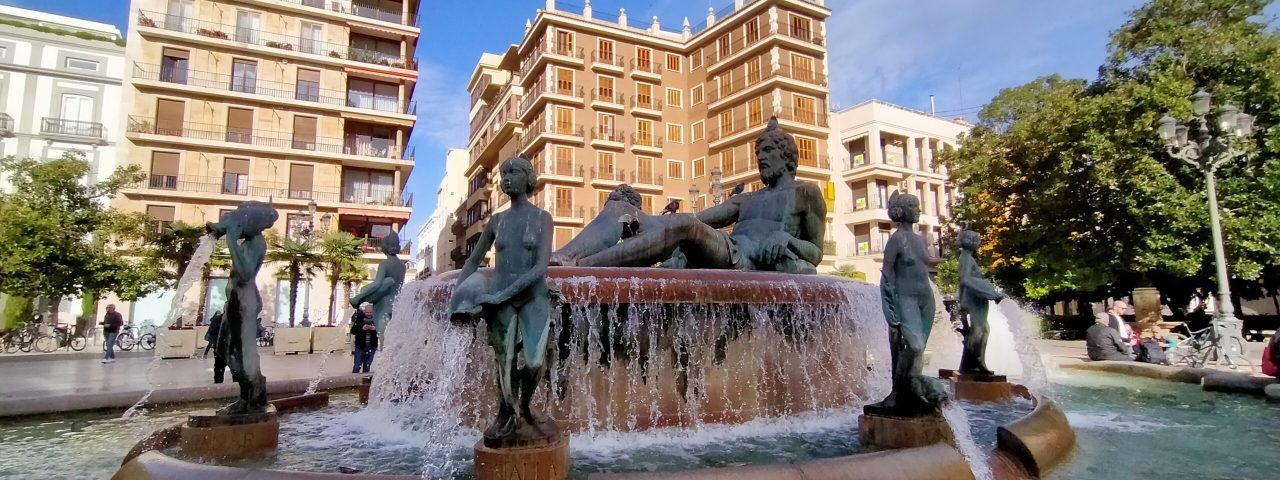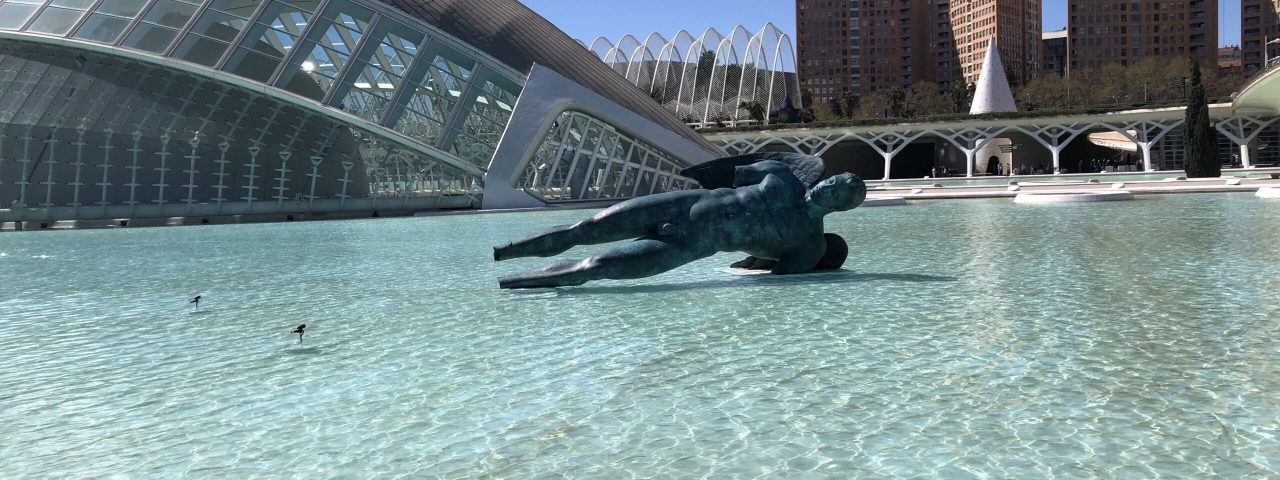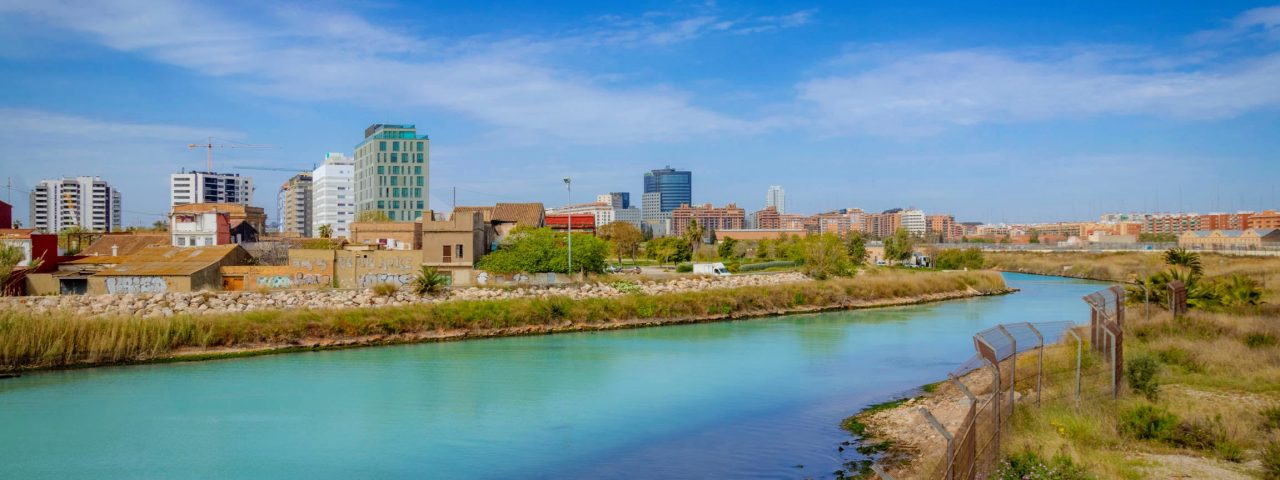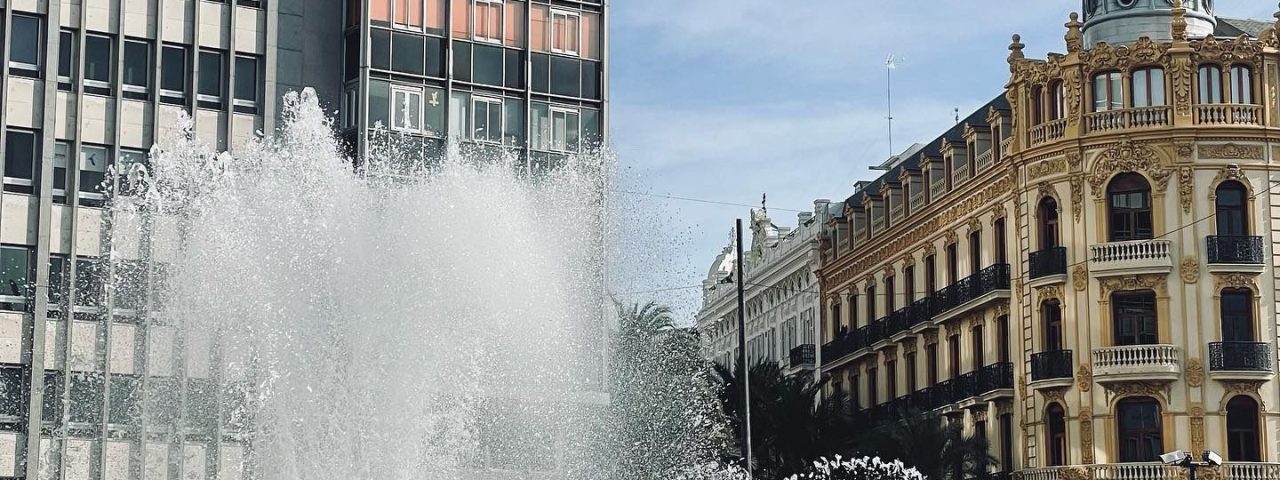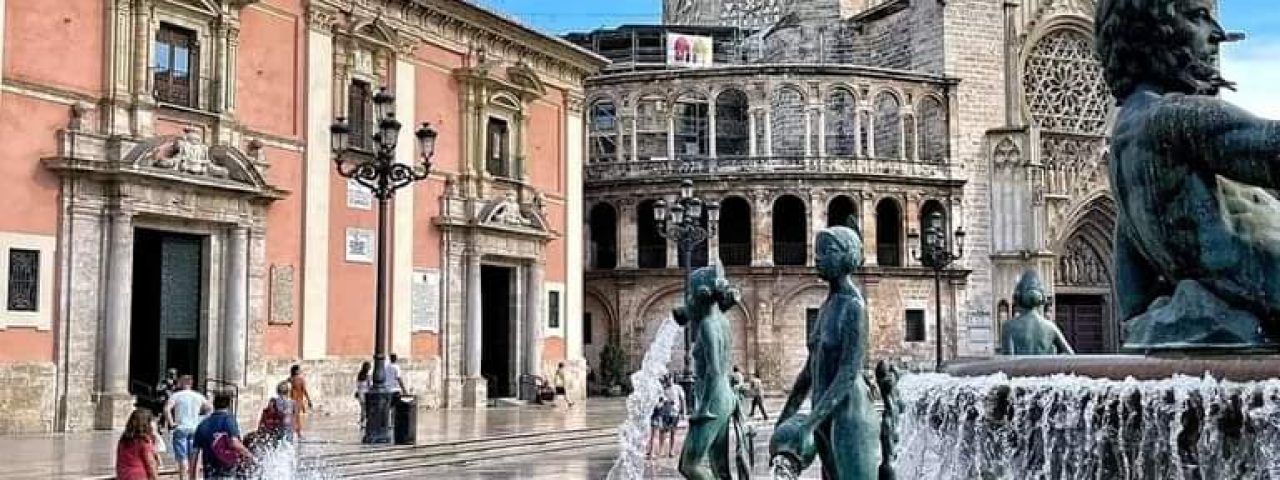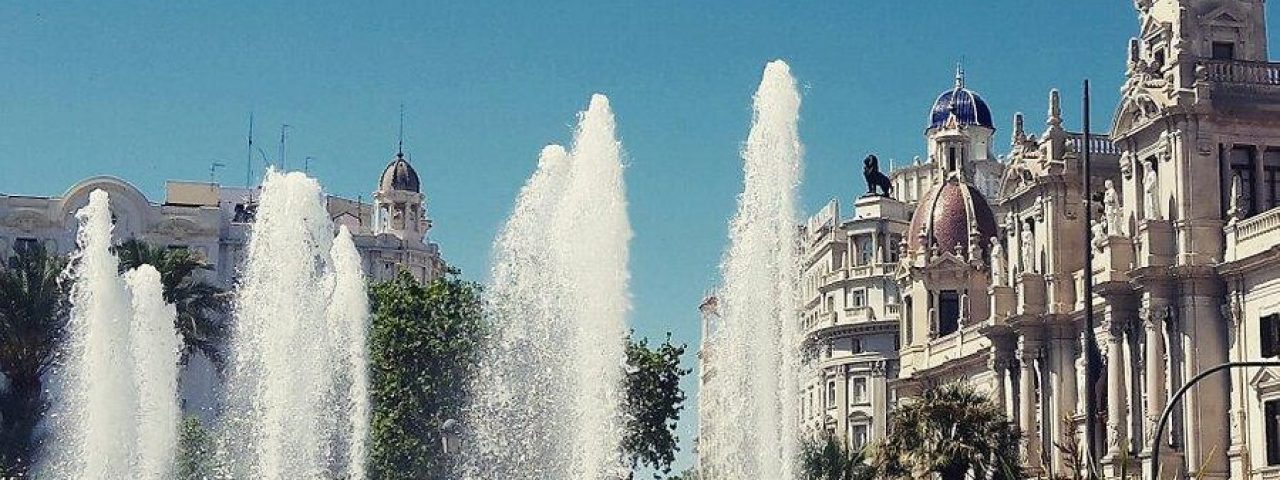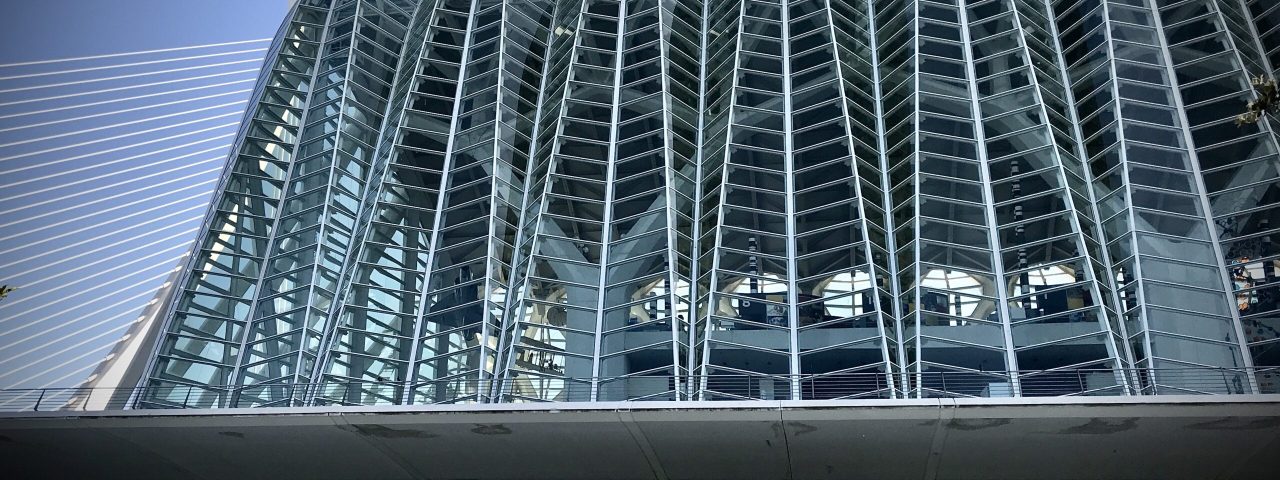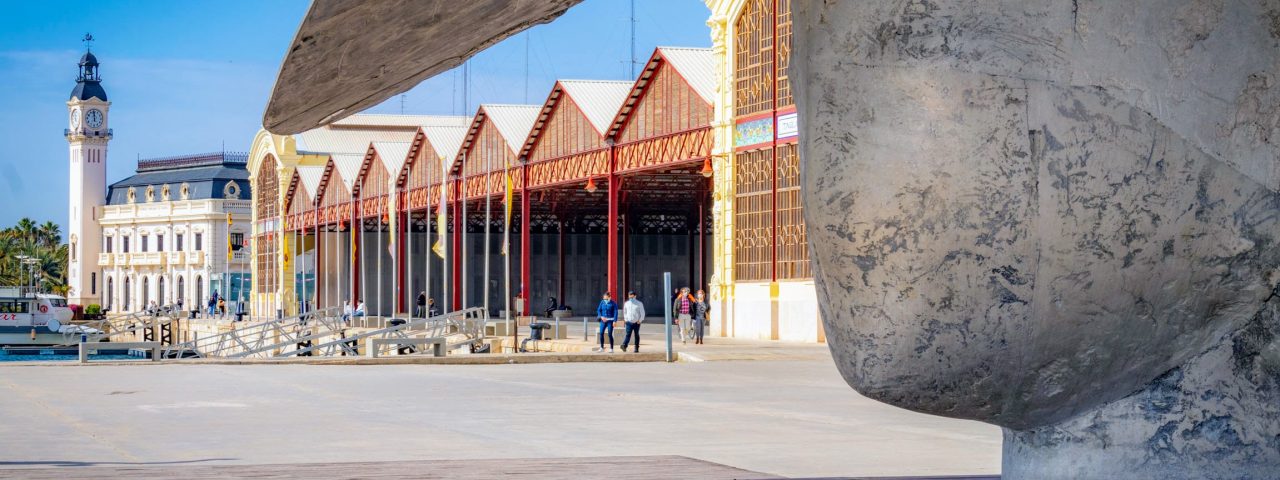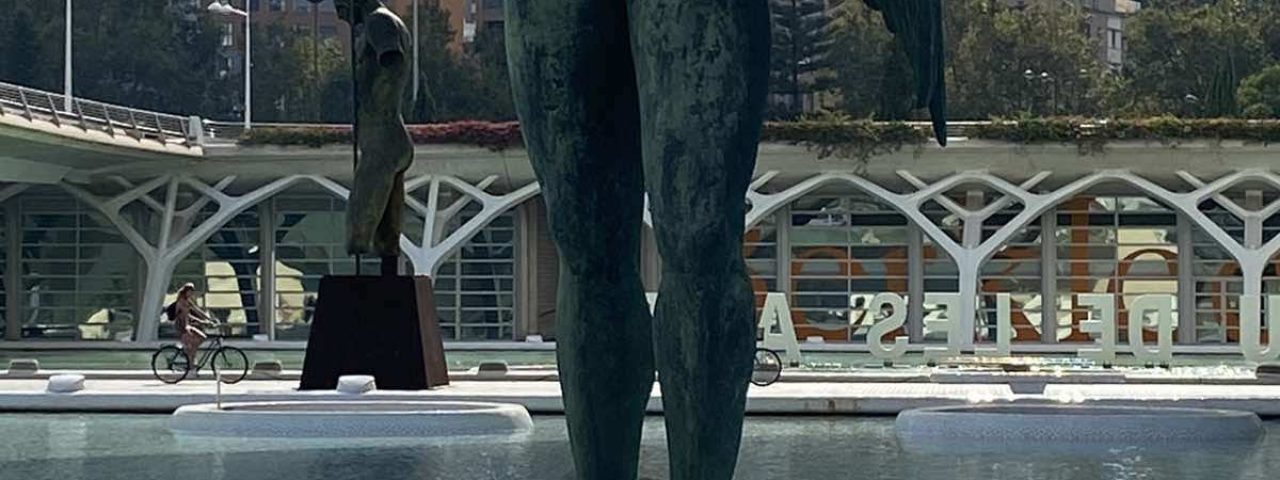:::::Quick overview:::::
The Valencian Community’s Province of Alicante is one of Spain’s most vibrant and appealing regions for both tourists and event organizers. Known for its spectacular Mediterranean coastline, year-round sunshine, rich cultural heritage, and modern infrastructure, Alicante is a dream destination for those looking to combine leisure with business or event planning. Whether you’re organizing a beachfront wedding, a corporate retreat, or an international conference, Alicante offers the perfect blend of scenic beauty and functional venues.
With miles of golden beaches, bustling cities like Alicante and Elche, and charming inland villages surrounded by vineyards and almond groves, the province caters to a wide variety of preferences. Visitors can explore historic castles, enjoy world-renowned gastronomy, and partake in traditional Spanish fiestas that fill the streets with color, music, and joy. It’s a place where ancient history and modern innovation coexist seamlessly.
What sets Alicante apart is its ability to appeal to diverse audiences: sun-seekers, history buffs, business travelers, and nature lovers alike. Its well-developed tourism infrastructure, excellent connectivity, and a wide range of accommodations—from boutique hotels to luxurious resorts—make it an ideal base for any kind of trip or event. The combination of natural beauty, cultural richness, and logistical convenience creates an irresistible pull for anyone considering a visit or investment in the region.
:::::Geographical Location and Climate:::::
The Province of Alicante is situated in the southeastern part of Spain, along the Mediterranean coast, and forms part of the Valencian Community. Its strategic coastal position means it boasts over 200 kilometers of pristine beaches and dramatic cliffs. The region is bordered by the provinces of Valencia to the north, Murcia to the south, and Albacete to the west, with the Mediterranean Sea to the east. Key geographical landmarks include the imposing Mount Puig Campana, the lush Vinalopó River Valley, and the famous Costa Blanca coastline.
Major cities within the province include Alicante (the capital), Elche (known for its palm grove), Torrevieja, Benidorm, and Denia. Each offers a unique experience, from the cosmopolitan flair of Alicante City to the resort atmosphere of Benidorm and the historic charm of inland towns like Villena and Alcoy. The nearby Serra de Mariola and Serra Gelada natural parks offer stunning opportunities for hiking and ecotourism.
The climate in Alicante is classified as semi-arid Mediterranean, characterized by hot summers, mild winters, and low annual rainfall. The region enjoys more than 300 sunny days a year, making it one of Europe’s top destinations for year-round tourism. The best times to visit are spring (April–June) and autumn (September–November), when the weather is warm but not overwhelmingly hot, and the crowds are more manageable.
:::::History and Culture:::::
Alicante’s history is as rich and layered as the landscapes that define it. The area was first settled by the Iberians before being colonized by the Carthaginians and later absorbed into the Roman Empire. The remnants of Roman villas, aqueducts, and roads are still visible in parts of the province. Following the Roman era, the Moors introduced advanced agriculture, architecture, and urban planning, leaving a lasting influence that can still be seen today in structures like the Castillo de Santa Bárbara in Alicante City.
After the Christian reconquest in the 13th century, Alicante was incorporated into the Kingdom of Valencia, and it flourished as a Mediterranean port and trade hub. This mix of cultural influences over centuries has led to a unique cultural identity that blends Arabic sophistication, Christian traditions, and Roman legacies.
The province is famous for its vibrant fiestas, including the Bonfires of Saint John (Hogueras de San Juan) in Alicante, the Moors and Christians festivals in Alcoy, and the Mystery Play of Elche (a UNESCO Masterpiece of the Oral and Intangible Heritage of Humanity). Music, dance, and fireworks are integral to these events, offering a vivid glimpse into local traditions and a perfect opportunity for visitors to immerse themselves in authentic Spanish culture.
:::::Architecture and Attractions:::::
Architecturally, Alicante is a mosaic of styles that reflect its multifaceted past. From the Roman ruins of Lucentum to the Gothic and Baroque churches scattered across its towns, the province tells its story through stone and sculpture. The city of Alicante is dominated by the Santa Bárbara Castle, perched on Mount Benacantil, offering panoramic views of the city and sea. In Elche, the UNESCO-listed Palmeral de Elche, Europe’s largest palm grove, stands as a living legacy of Arab agricultural ingenuity.
The Basilica of Santa Maria in Elche, the Modernist architecture in Alcoy, and the traditional fishing villages along the coast all contribute to the region’s charm. Museums such as the Archaeological Museum of Alicante (MARQ) provide in-depth insights into the province’s evolution, and contemporary venues like the Adda Auditorium showcase its commitment to modern culture and the arts.
Must-see tourist attractions include the island of Tabarca, Spain’s first marine reserve; the beaches of Jávea and Calpe; the Serra Gelada Natural Park; and the Guadalest Valley with its picturesque castle and museums. For families, the Terra Mítica theme park in Benidorm and the Rio Safari in Elche are perennial favorites.
:::::Economy and Key Industries:::::
The economy of Alicante is diverse, with tourism as its primary engine. The Costa Blanca region draws millions of visitors annually, fueling a thriving hospitality industry. Hotels, restaurants, entertainment venues, and real estate developments benefit from this steady stream of national and international tourists. Event planning, wedding tourism, and health tourism are growing sub-sectors thanks to the region’s appealing climate and amenities.
Agriculture is another cornerstone of the economy, especially in the fertile Vinalopó Valley and the Vega Baja. The region is a leading producer of table grapes, citrus fruits, olives, and pomegranates. Elche is renowned worldwide for its shoe industry, while other areas specialize in textiles, toys (especially around Ibi and Onil), and furniture manufacturing.
The service and tech sectors are also expanding, supported by institutions like the University of Alicante and various innovation parks. Unique local products such as turrón (nougat from Jijona), wines from the Alicante DO region, and artisanal handicrafts attract both consumers and businesses interested in regional authenticity and quality.
:::::Local Cuisine:::::
The gastronomy of Alicante is a delightful reflection of its landscape and history. Rice is the staple of the local cuisine, featured in a wide variety of dishes beyond the classic paella—such as “arroz a banda,” “arroz negro” (with squid ink), and “olleta alicantina.” Fresh seafood, often caught the same day, is ever-present on local menus, especially red prawns, squid, and monkfish.
Turrón from Jijona and Alicante is a sweet treat traditionally consumed during the Christmas season but available year-round. Other specialties include salted fish, gazpacho manchego (a game-meat stew served with flatbread), and “coca,” a type of flatbread with various toppings. Locally produced wines, such as Fondillón—a historic, sweet red wine—are excellent accompaniments to these regional delights.
Visitors will find a wide range of dining experiences, from rustic village taverns and beachfront chiringuitos to Michelin-starred establishments in cities like Dénia and Altea. Food festivals like the Ruta de la Tapa and local farmers’ markets offer immersive culinary experiences that highlight the region’s agricultural bounty and gastronomic creativity.
:::::Transportation and Accessibility:::::
The Province of Alicante is exceptionally well-connected, both domestically and internationally. Alicante-Elche Miguel Hernández Airport is one of Spain’s busiest airports, offering direct flights to major European hubs such as London, Paris, Berlin, and Amsterdam. The airport is just 9 kilometers from the city center, making transfers quick and easy.
The region benefits from the Spanish high-speed train network (AVE), with direct routes to Madrid and connections to Barcelona and Valencia. The extensive bus network and car rental options further facilitate travel between towns and tourist attractions. Major roads like the AP-7 and N-332 run along the coast, offering scenic drives and easy access to coastal resorts.
Within cities and larger towns, public transportation is efficient and user-friendly. Alicante has a modern tram system (TRAM) that links the city with surrounding municipalities such as San Juan, El Campello, and Benidorm. Taxis and ride-share services are also widely available, making it easy for visitors to navigate both urban and rural areas.
:::::Event Opportunities and Venues:::::
The Province of Alicante offers a wide range of venues suitable for events of all sizes and types. Historic venues like the Castillo de Santa Bárbara, the Palau d’Altea, and the Huerto del Cura gardens in Elche offer unique settings for weddings, cultural events, and gala dinners. Meanwhile, modern venues like the Institución Ferial Alicantina (IFA), the Alicante Trade Fair Institution, and the Auditorio de la Diputación de Alicante (ADDA) provide facilities for business conferences, exhibitions, and concerts.
Annual events like the Bonfires of San Juan in Alicante, the Moors and Christians parades, and international festivals such as the Alicante Film Festival draw significant crowds and media attention. These can provide excellent platforms for brand visibility or sponsorship opportunities for businesses.
For accommodation, the province boasts a wide range of options, from luxury resorts in Altea and Denia to business hotels in Alicante City and charming rural casas rurales in the interior. Many venues offer in-house event services and cater to international clients, with multilingual staff and tailored packages to suit every budget.
:::::Population and Demographics:::::
The Province of Alicante has a population of approximately 1.9 million people, making it the fourth most populous province in Spain. The largest urban centers include Alicante (the capital), Elche, Torrevieja, and Benidorm. A significant portion of the population is composed of foreign residents, particularly from the UK, Germany, and Scandinavia, many of whom are retirees or digital nomads attracted by the favorable climate and quality of life.
The demographic structure is diverse, with a good mix of young professionals, families, and seniors. The region has a strong tradition of migration and openness, which has created a multicultural atmosphere, especially in the coastal areas. English is widely spoken in tourist zones, and many local services cater to an international clientele.
Inland towns tend to have smaller populations and a more traditional demographic structure, but they are increasingly attracting visitors and new residents looking for authentic experiences and affordable real estate. Population growth in recent years has been steady, driven by tourism, lifestyle migration, and economic development.
:::::Current Trends or Developments:::::
Alicante is undergoing a period of dynamic growth and renewal. The local government has invested heavily in infrastructure improvements, including urban regeneration projects in cities like Alicante and Elche. The modernization of transport systems, expansion of green spaces, and promotion of sustainable tourism initiatives are helping to enhance the region’s appeal.
Culturally, there has been a surge in creative and digital industries, supported by initiatives such as the Alicante Futura project, which aims to position the province as a hub for technological innovation and talent. New coworking spaces, startup incubators, and cultural centers are springing up across the region, making it an increasingly attractive destination for entrepreneurs and digital nomads.
Tourism development is also focusing more on eco-tourism, active tourism, and experiential travel, with increased promotion of inland areas and natural parks. The Costa Blanca’s evolving profile—from a sun-and-sea destination to a year-round hub for business, wellness, and cultural tourism—positions the Province of Alicante as one of Spain’s most exciting regions for both visitors and event organizers.
- Albatera
- Alcoy
- Alicante
- Almoradí
- Altea
- Aspe
- Benidorm
- Benisa
- Callosa de Segura
- Calpe
- Castalla
- Catral
- Cocentaina
- Crevillente
- Denia
- Elche
- Elda
- Finestrat
- Guardamar del Segura
- Ibi
- La Nucía
- Monforte del Cid
- Monóvar
- Muchamiel
- Muro del Alcoy
- Novelda
- Orihuela
- Pedreguer
- Petrel
- Pilar de la Horadada
- Rojales
- San Juan de Alicante
- San Vicente del Raspeig
- Santa Pola
- Sax
- Teulada
- Torrevieja
- Villajoyosa
- Villena
